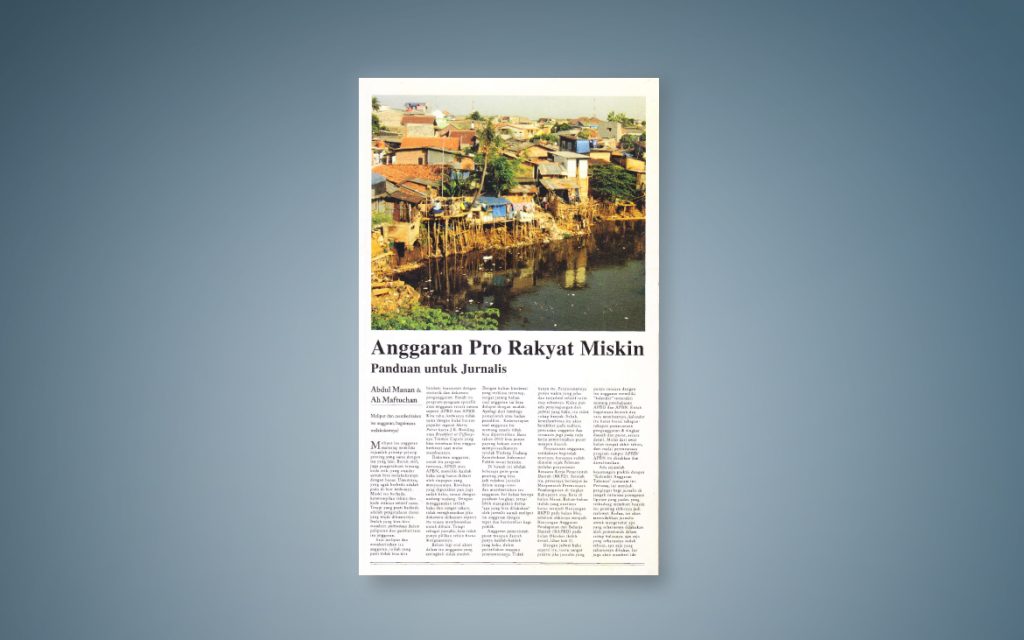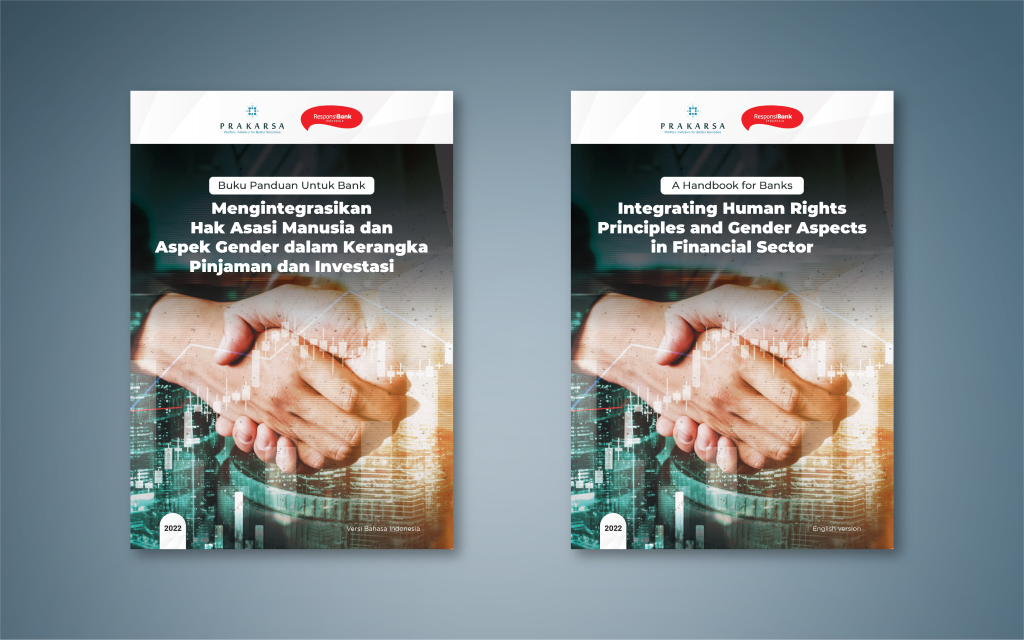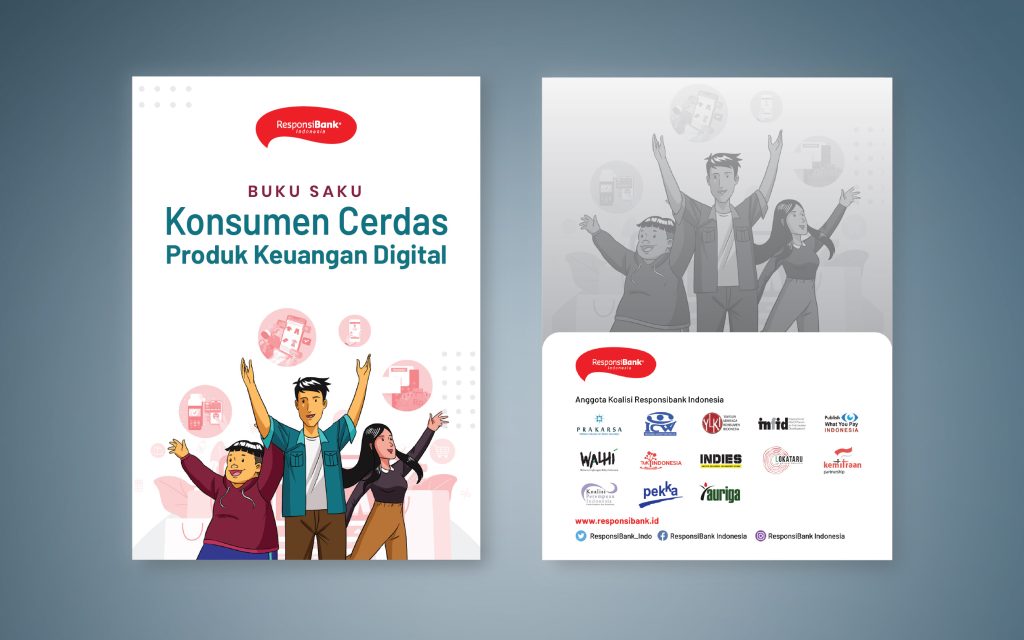
A news in the media makes humanity scream. A seven month pregnant mother and her 5 year old child were found dead in Makassar. They died miserably not because of disease. Four days of not eating starved them to death. Immediately, there was a commotion of the republic. So sad to read the news.
A feeling of dread and conscience torn apart is felt throughout this country. The sad news of death is just a bit of the sad news voiced by the media. In fact, there are still many sufferings of the poor that occur daily and are heartbreaking, but they are unreported and silent.
Suddenly we are awakened, then where is the role of the state and government? They look "useless" here. They turned out to be unreliable to lean on for their people who experienced great suffering. Then a tough lawsuit arose, whether the constitution which mandates "the poor and neglected children are cared for by the state" is only beautiful in writing, but nil in implementation?
Along with this, ironically, the government is proud to report that the capacity of the state budget (APBN) continues to increase from year to year. As written in this book, during the last 10 years since the reformation (1999-2009) the budget has increased almost 5 times. However, the problem of poverty continues to lag behind. When using the World Bank's poverty measure (US$ 2 purchasing power parity/day or nearly Rp. 7.000/day), almost half of Indonesia's population is below the poverty line. This problem still does not move away from year to year.
Concrete and fundamental issues such as maternal and infant mortality, especially among the poor, still haunt us. Babies in Indonesia are three times more likely to die when compared to Vietnam. The condition of maternal and infant mortality in Indonesia is now among the worst in Southeast Asia. Polio actually made its comeback in the reform era in 2005, the first time since 1996.
The fundamental question for the world of journalism regarding this case, is our journalism just reporting on and on about "fires"? Or, are you also actively involved besides reporting the existence of a "fire", but also preventing and trying to prevent it from happening again? Simply put, news is not only nuanced with social screams (protesta), but is also active and at the same time unraveling problems and opening discourses for solving problems so that they are more institutionalized (propuesta) so that problems do not recur. It is this propuesta spirit that is enthusiastically promoted by this book in relation to pro-poor (pro-poor) budgets.
How is it possible that the budget has increased many times, but the problem of poverty has not shown a significant reduction. The budget, after all, is a limited resource, so it becomes a bone of contention. Budget allocation is a concrete form of policy priorities. As usual, the determination of policy priorities in government (central and regional) is a clash and compromise of various interests.
Citizens, especially the poor, have the weakest influence in the discourse over policy priorities embodied in budget allocations. Apart from that, the budget discourse still feels very elite (DPR/D and the government) or dominated by certain circles (especially economists). In fact, citizens (citizens) are actually very concerned with budget allocations in dealing with the problems of everyday life. Poor health services, damaged and muddy roads, dry irrigation, soaring staple food prices, floods, traffic jams, poverty, hunger, and so on, are things that are closely related to the budget.
Not surprisingly, due to limited knowledge and access, the interests of citizens (especially the poor) are crushed by interests that are far more dominant in determining policy (dominant players). This is what we encounter at this time, how the budget for the bureaucracy is far more dominating than financing development or, building a magnificent parliament building with luxurious facilities worth trillions is considered more important than alleviating poverty.
The prerequisite for opening citizens' eyes through the mass media to play an active role in fighting for budgetary rights (pro-poor), of course, also requires (at a minimum) media workers who understand budget issues. This book attempts to fill that. Even though the discourse on the budget seems technical-numerical, this book does not want to get stuck in that. Of course, technical problems cannot be avoided, but this book also covers substantive, philosophical and ethical matters so that it is not dry and still easy to read.
Finally, I wish you profiat and congratulations on the publication of this book. Thanks to the authors who took the time to write this very important book and also to the TIFA Foundation for supporting this book to be published. It is hoped that this book will be especially useful for media workers (journalists) in carrying out budget literacy for the public, especially for fighting for pro-poor budgets and developing citizenship emancipation (citizenship) in budgetary rights.



